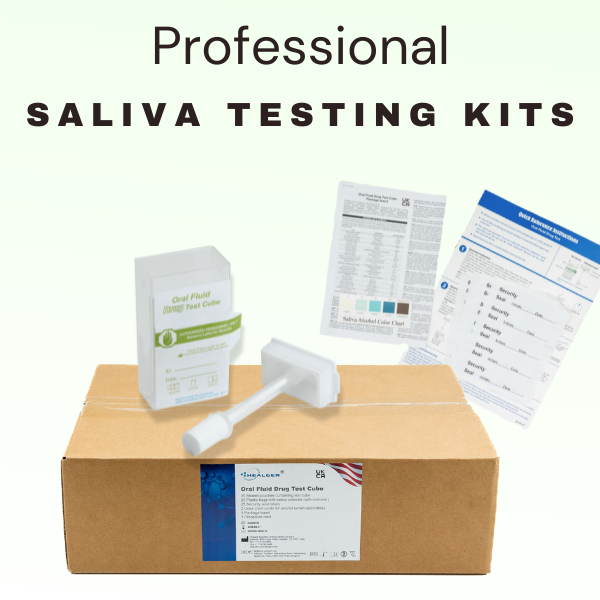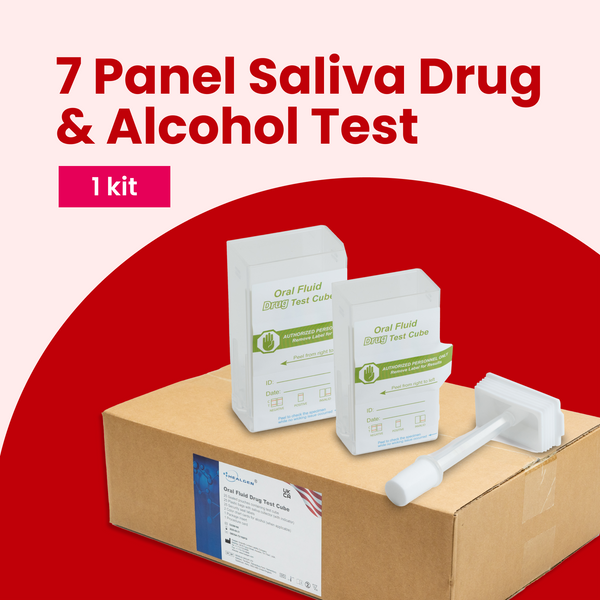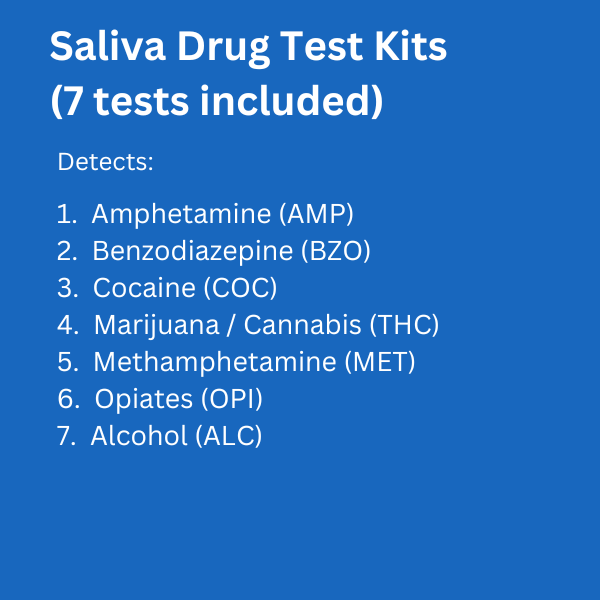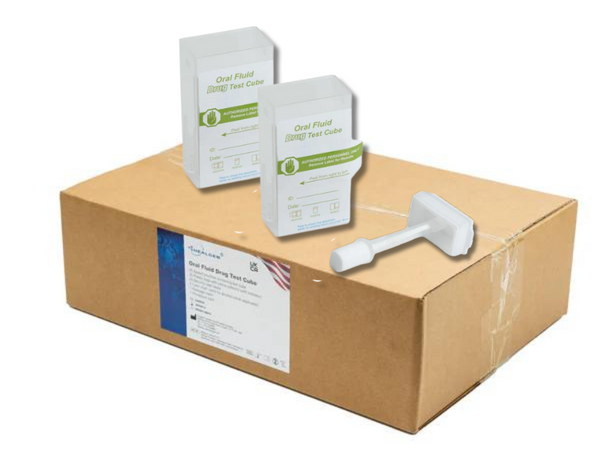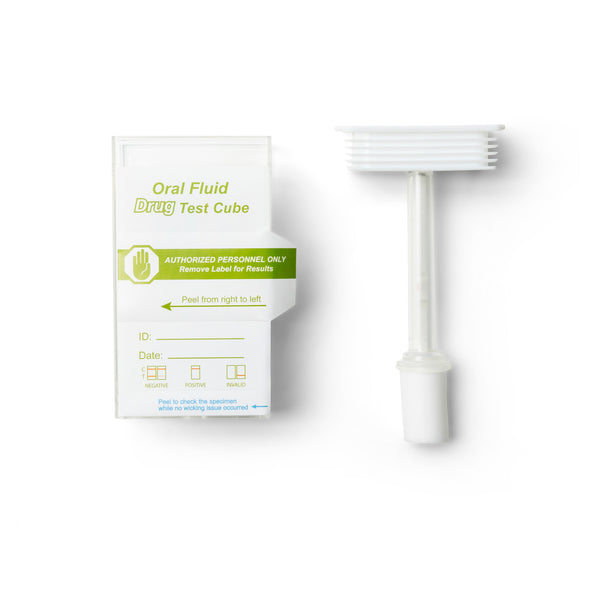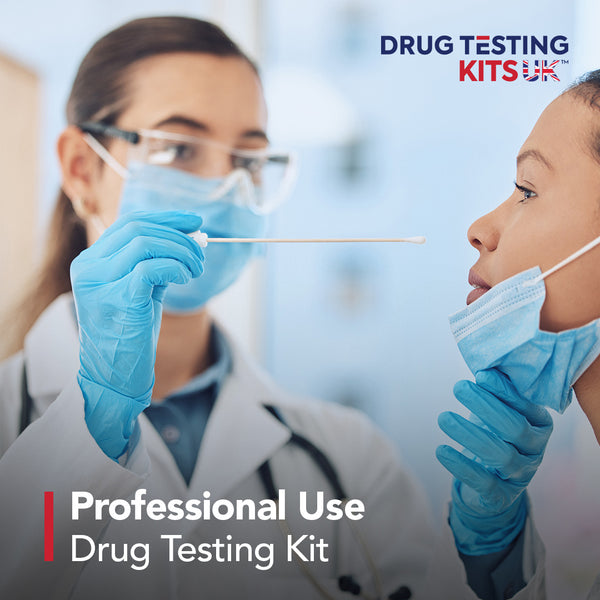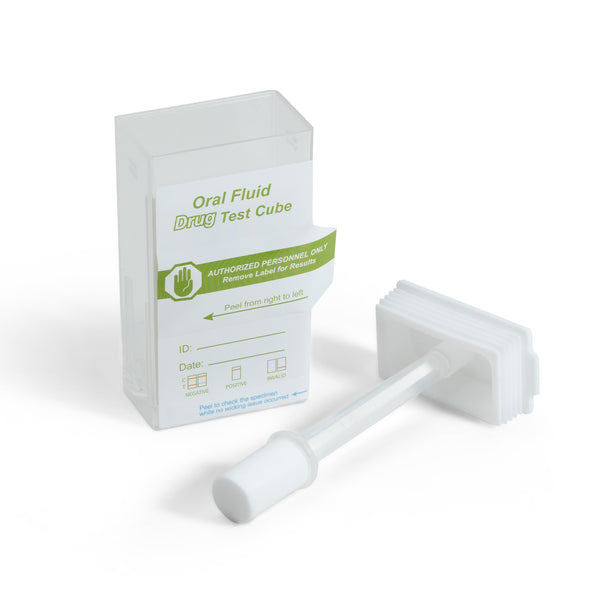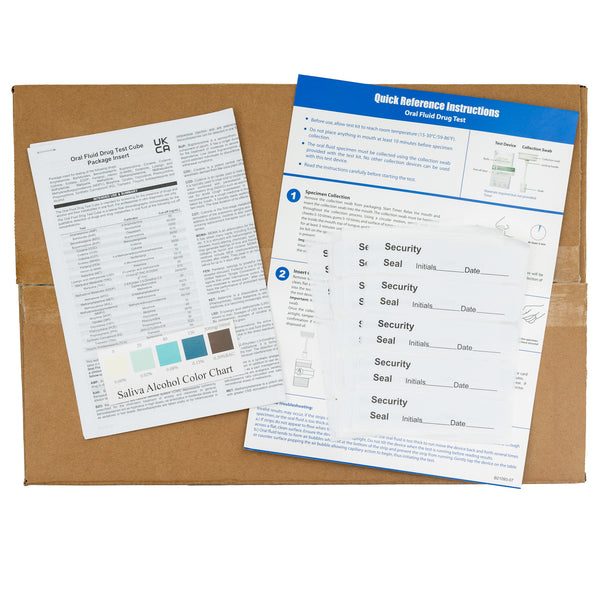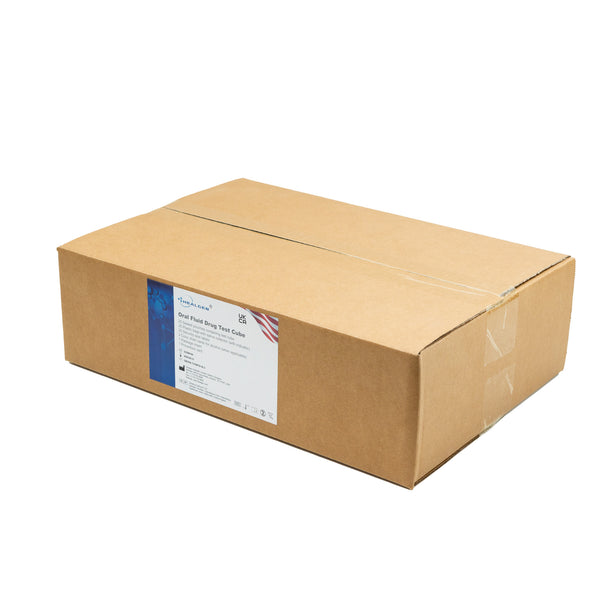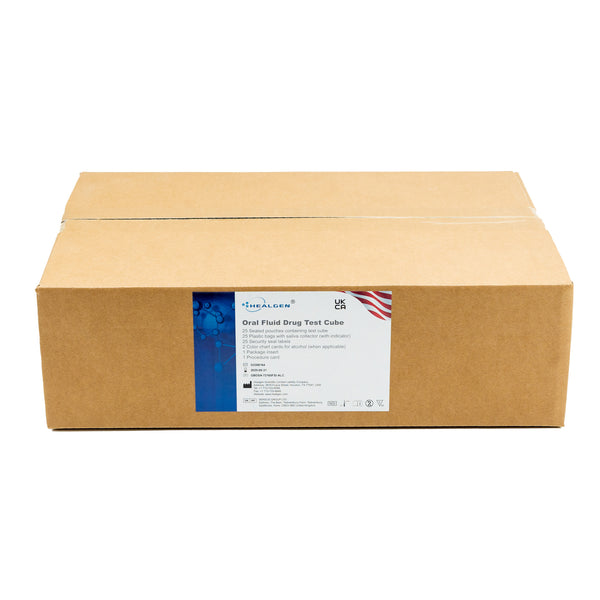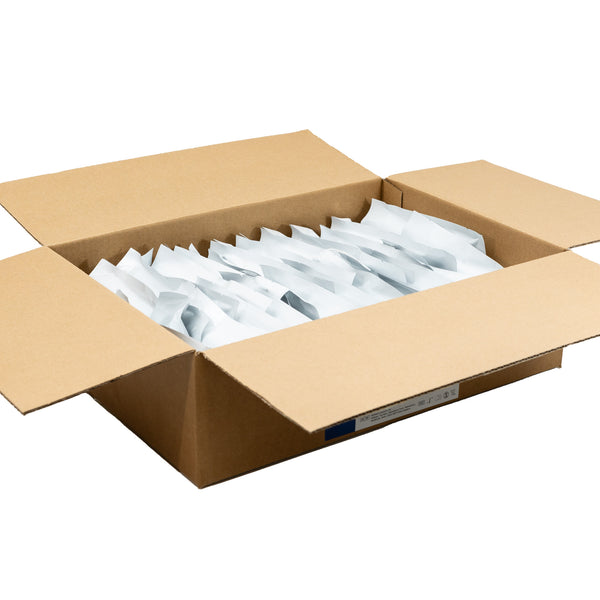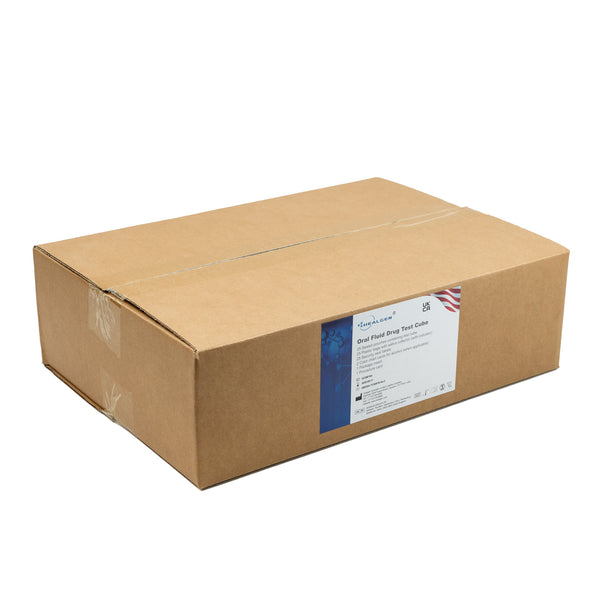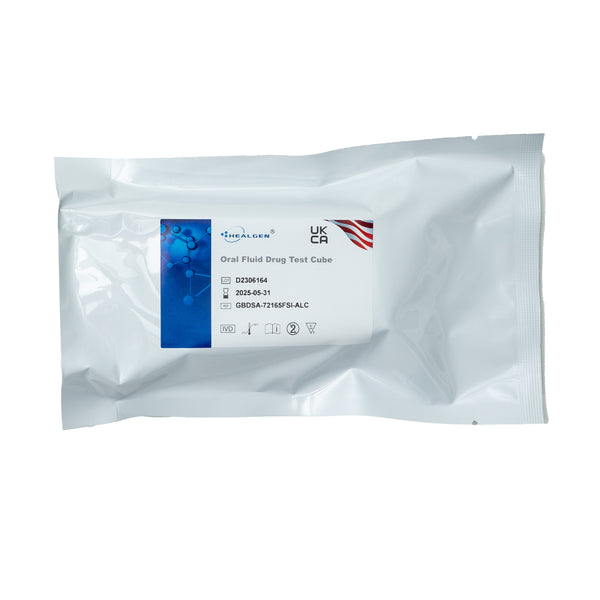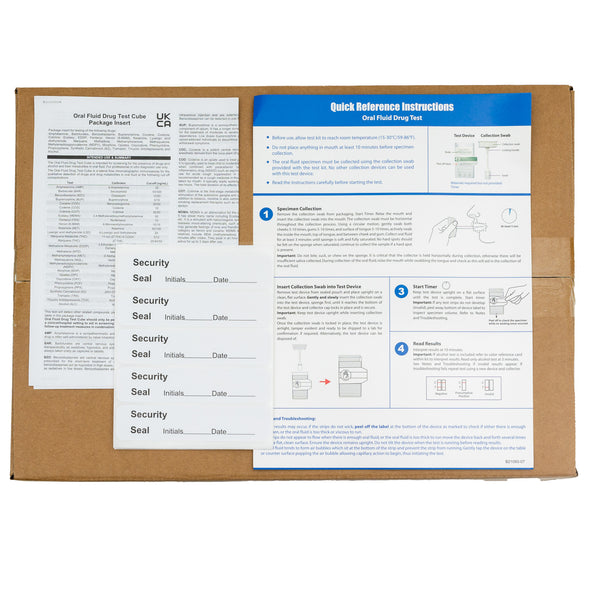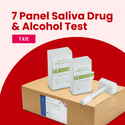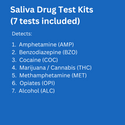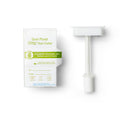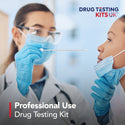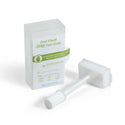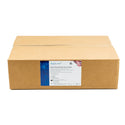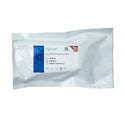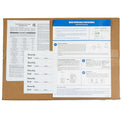This information is provided for general informational purposes and does not constitute legal advice. It's important to consult with legal counsel or relevant professional resources to ensure compliance with UK regulations regarding pre-employment drug testing and employer policies.
Pre-employment drug testing is an important part of the hiring process in the UK. As an employer, understanding the nuances of this process is essential for implementing effective and legal drug testing policies.
This guide will explain if drug tests are mandatory, what substances are screened for. We'll cover common testing methods, relevant laws, and the rights of both employers and employees.
By the end, you'll have a clear understanding of pre-employment drug testing in the UK, helping you navigate the process confidently.
Is Pre-Employment Drug Testing Mandatory in the UK?
Pre-employment drug testing is not mandatory for all in the UK. However, it is commonly used in certain industries where safety and security are critical, such as transportation, healthcare, and construction.
While it's not a legal requirement for most businesses, you can implement drug testing policies if you believe it's necessary for the job.
What Does a Pre-employment Drug Test Screen For?
A pre-employment drug test checks for substances that could affect a person's ability to do their job safely and effectively. Common substances these tests look for include:
- Cannabis (THC): The psychoactive component of marijuana.
- Cocaine: A stimulant drug.
- Amphetamines: Stimulants that can include methamphetamine.
- Opiates: This category includes drugs like heroin, morphine, and codeine.
- Benzodiazepines: Medications with sedative effects, such as diazepam or temazepam.
Sure, the 5-panel test is a good starting point, but depending on your needs, you might want to consider a more extensive panel. Here's a breakdown:
- MDMA (Ecstasy): A synthetic drug with stimulant and hallucinogenic properties.
- Ketamine: A medication sometimes used illegally as a recreational drug.
The exact drugs a test checks for can vary depending on your company's needs. Later in the guide, we'll discuss the factors influencing this choice.
When should candidates and employees receive drug tests?
While pre-employment drug testing isn't mandatory, there are different scenarios that you can implement drug testing policy:
Pre-Employment
As discussed earlier, in safety-sensitive roles or with specific concerns you can require a drug test as a condition of employment.
Reasonable Suspicion
If you have a reasonable suspicion that an employee is under the influence of drugs at work, you may conduct a drug test. This suspicion could be based on observed behaviour, performance issues, or a positive alcohol breathalyser test.
Post-Accident
You may administer drug tests as part of your investigation process following a workplace accident.
Return-to-Work
Depending on the company's policy and the situation, drug testing might be required before an employee can return to work after a leave of absence.
It's important to remember that these are just general scenarios.
What are the Most Common Pre-Employment Drug Testing Methods?
Let's explore the different methods you can use to screen for substances:
| Method | Description | Detection Window | Advantages | Disadvantages |
|---|---|---|---|---|
| Urine Test | Most widely used, involves providing a urine sample. | A few days to a couple of weeks | Cost-effective, easy to administer | Less accurate for recent use, can be tampered with. |
| Oral Fluid (Saliva) Test | Quick and non-invasive, uses a swab from the inside of the cheek. | Shorter than urine tests (typically days). | Convenient, difficult to tamper with. | Less accurate for long-term use. |
| Hair Follicle Test | Analyzes hair strands for drug use. | Up to 90 days or more. | Detects long-term use. | More expensive, can be affected by hair treatments. |
| Blood Test | Less common, involves drawing blood. | Current drug use (short window). | Most accurate method. | Invasive, more expensive. |
Source: https://my.clevelandclinic.org/health/diagnostics/10285-drug-testing
Note: The detection window can vary depending on the specific drug, frequency of use, and individual metabolism.
Pre-employment Drug Testing Laws to Consider
Here, we list the key laws and regulations for employers and employees to know before implementing a pre-employment drug testing policy.
Establishing Drug-Free Workplace Policies
You have the right to establish drug-free workplace policies that include pre-employment drug testing. However, these policies must be fair, reasonable, and clearly communicated to all employees and potential hires.
Obtaining Consent and Conducting Testing
You must obtain informed written consent from the employee before conducting a pre-employment drug test. This consent should be part of a clear policy outlining the testing procedures, the types of drugs tested for, and the consequences of a positive test result.
Choosing Testing Methods
You can choose the pre-employment drug testing method that best suits their needs and budget, considering factors like the job requirements and desired detection window.
Taking Action Based on Results
You can take appropriate action based on a positive drug test result, which could involve denying employment or requiring further evaluation. However, they must follow fair procedures and consider any explanations or mitigating factors provided by the applicant.
Confidentiality
Look, applicant privacy is a big deal. Their test results and personal information should be kept strictly confidential. Only share this information with people who absolutely need to know it for legitimate business reasons, like HR or the medical review officer.
Transparency is Important
Applicants have the right to be in the loop about your drug testing policy. This means explaining what substances you test for, how the tests are done, and what happens if someone tests positive. Having a clear and accessible policy builds trust and avoids confusion.
Appeals: Not Guaranteed, But There Might Be Options
Now, unlike some places, the UK doesn't have a legal guarantee for appealing a positive drug test. However, that doesn't mean there are no options. Some applicants might be able to explain a positive result due to a legitimate reason, like prescribed medication. It's also possible they could request a review through your established procedures (if you have them).
Important Note: It's essential to remember that specific rights and procedures can vary depending on individual circumstances and industry regulations.
How to Conduct Pre-employment Drug Tests?
Here's a breakdown of the general process for conducting pre-employment drug tests in the UK, keeping in mind that specific procedures may vary depending on your company policies and testing facility:
1. Establish a Drug-Free Workplace Policy
- Clearly outline the company's policy on drug testing, including the types of substances tested for, the testing procedures, and the consequences of a positive test result.
- Ensure the policy complies with relevant UK regulations and promotes fair treatment for all applicants.
2. Obtain Applicant Consent
- Before any testing, get written consent from the applicant acknowledging their awareness of the drug testing policy.
3. Choose a Testing Method
- Common methods in the UK include urine, hair, saliva, and blood tests. Each method has advantages and disadvantages regarding detection window, cost, and invasiveness.
4. Select a Testing Facility
- According to UK regulations, choose a reputable lab or clinic certified for drug testing.
5. Schedule and Conduct the Test
- Schedule the test with the chosen facility and the applicant.
- The testing process typically involves specimen collection (e.g., urine sample), following the facility's instructions.
6. Receive and Review Results
- The testing facility will analyze the sample and provide results.
- Positive results may require a confirmation test using a more precise method.
7. Follow-Up Based on Results
- For negative results, you can proceed with the hiring process as planned.
- For positive results, you should follow their established policy, which may involve notifying the applicant and offering them an opportunity to explain the result before taking any disciplinary action.
Important Considerations:
- Confidentiality: Maintain confidentiality throughout the process, only sharing information with those who need to know for legitimate business purposes (e.g., HR, medical review officer).
- Fairness: Ensure the testing process is fair and consistent for all applicants.
- Legal Compliance: Consult with legal counsel or relevant resources to ensure your drug testing policy and procedures comply with UK regulations.
Please note: This information provides a general overview, and specific legalities or procedures may vary. Always consult with legal counsel or relevant resources for the latest information on conducting pre-employment drug testing in the UK.
How Long Does Pre-employment Drug Screening Take?
Here's a breakdown of the typical timeframe for pre-employment drug screening in the UK, along with a thorough action plan for you and the applicants, presented in a table for better clarity.
| Stage | Typical Timeframe | Description |
|---|---|---|
| Employer Actions | 1-2 days | Establishing a drug test request with the testing facility. Schedule the test with the applicant. |
| Applicant Actions | 1-2 days | Providing written consent for the test. Schedule the appointment at the testing facility. |
| Testing Facility | 1-3 days | Analyze the sample. Note: Urine tests are typically the fastest (potentially within 24 hours), while hair, blood, and oral fluid tests might take longer (up to 3 business days). |
| Employer Follow-Up | Varies |
Negative Results: Hiring process continues. Positive Results: Medical review officer evaluation (if applicable). Offering applicant opportunity to explain result (if applicable). These additional steps can add time to the process. |
| Total Timeframe | 5-7 business days (best-case) | This assumes negative results and minimal follow-up. |
| Total Timeframe | Up to 2 weeks+ (possible) | This considers positive results or additional procedures. |
Remember:
- Varied Procedures: Drug testing procedures can vary depending on the company, the testing facility used, and the type of test administered (urine, hair, blood, etc.).
- Estimated Timeframes: The timeframe ranges provided are estimates and can be influenced by factors like lab backlogs or employer internal processes.
Additional Factors Affecting Timeline:
- Testing Method: Urine tests are generally the fastest, while hair or blood tests might take longer.
- Lab Backlog: Testing facilities might have backlogs, especially during peak times, which can delay results.
Overall, it's important to communicate clearly with the testing facility and the applicant throughout the process to manage expectations regarding the timeframe.
What happens if the employee fails a pre-employment drug test?
Here's a breakdown of the potential consequences and some next steps you might consider:
-
Job Offer Rescinded: If the job offer depends on passing the test, a positive result usually means you have to withdraw the offer. It's a bummer, but you have to keep the workplace safe.
-
Limited Future Chances: Depending on industry and company policy, a failed test might be documented. This could affect their chances of getting hired for other positions with us.
Important Note: Remember, fairness is key. You have to follow proper procedures throughout the testing process and when making decisions based on results.
Now, what can employees do?
-
Talk to You: Sometimes, there might be a legitimate reason for a positive test, like prescribed medication. They can contact you to explain the situation and see if there's room for explanation based on your policy.
- Retest Possibility: While not guaranteed, some companies allow retests under specific circumstances. If this option is available, it's worth exploring.



 03333 704 704
03333 704 704


